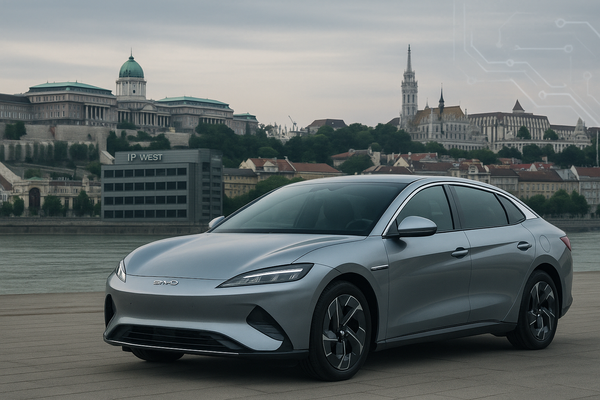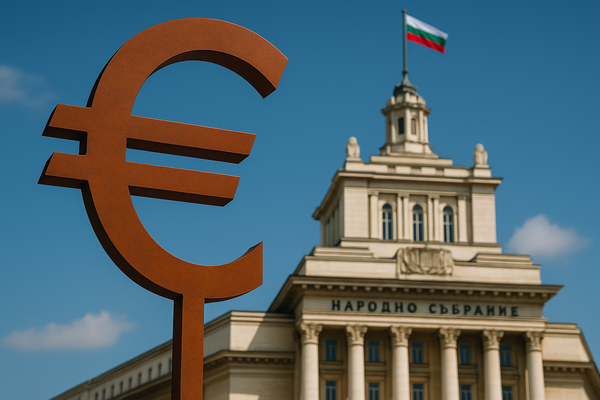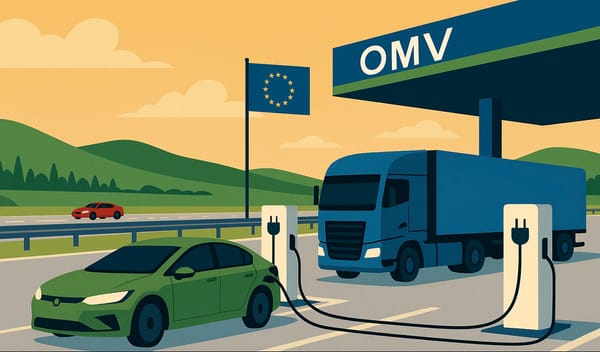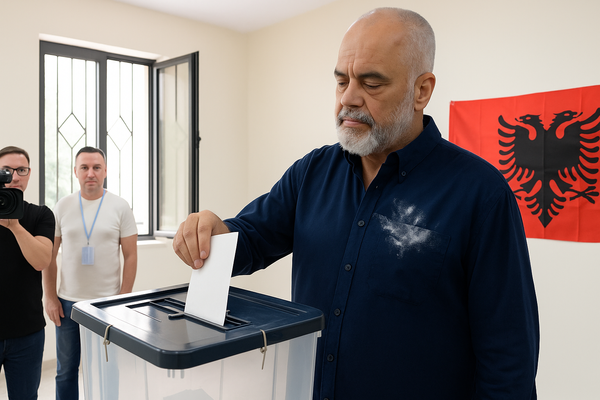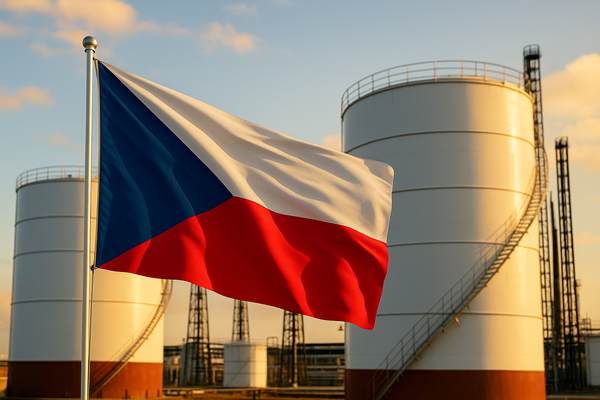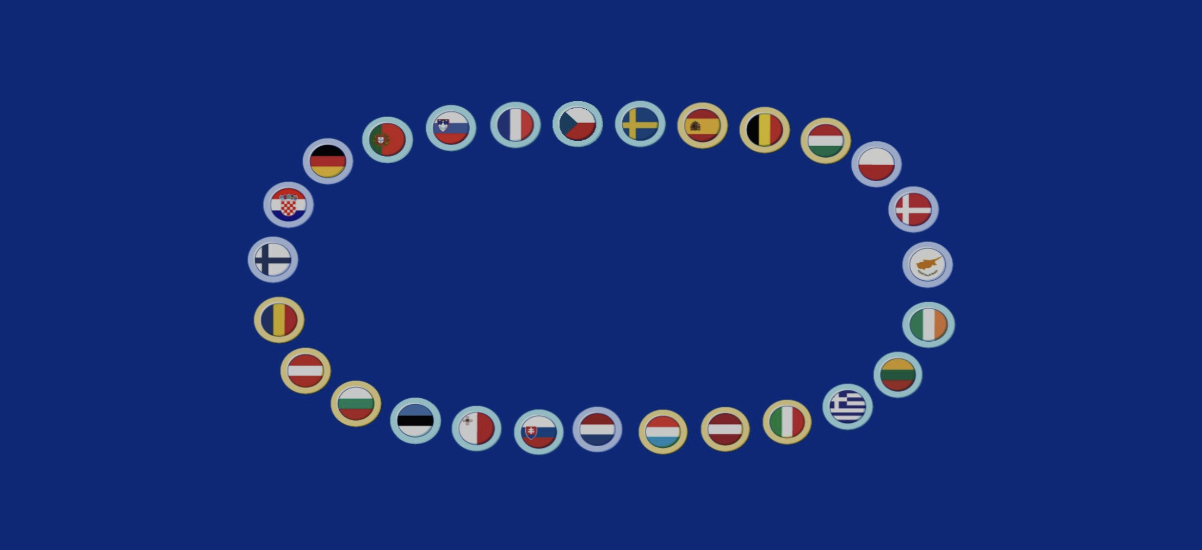
Belgian rope trick - EU presidency plan for Europe: 'Protect, Strengthen, Prepare'
As Belgium assumed the EU presidency on 1 January, with a rallying cry of “Protect, Strengthen, Prepare”, Belgian Prime Minister Alexander de Croo’s said he is charting the course for a united and resilient Europe. His cautious and diplomatic approach was evident at the launch event of his six-month EU rotating presidency, underscoring the complexities of the goals, while acknowledging the contradictions and debates inherent in issues such as European border protection, economic growth, and global leadership.
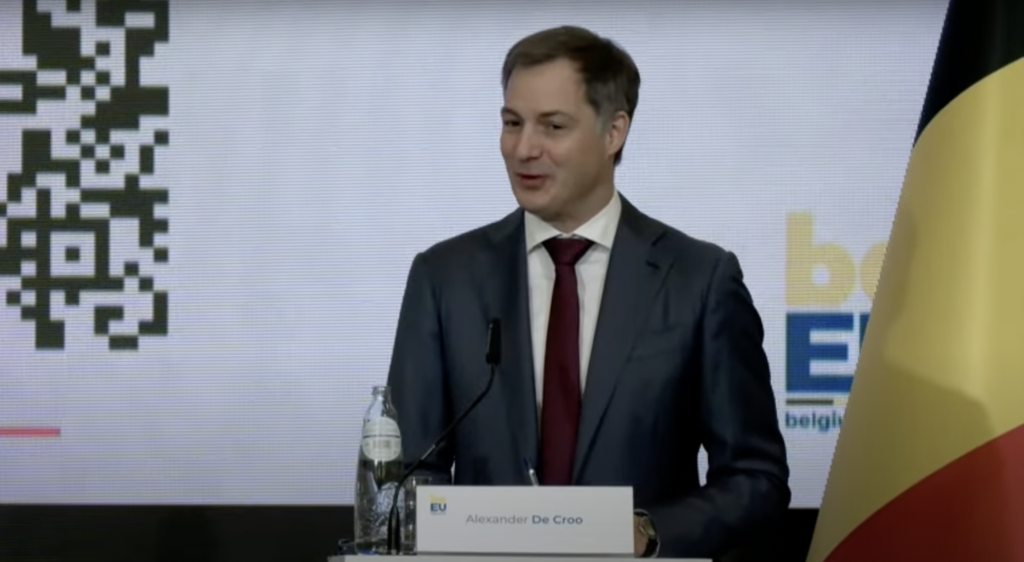
As Belgium took the reins of the EU presidency from previous incumbent Spain on 1 January, Belgian Prime Minister Alexander de Croo set forth six priorities: promoting the rule of law and democracy, strengthening economic competitiveness, pursuing the green transition, reinforcing the social agenda, protecting borders and people, and promoting a global Europe, encapsulate the essence of Belgium’s objectives for the 13th mandate. Last month De Croo emphasised unity and decisiveness during the launch event for the presidency, as he echoed the need for collective action in a period of discord.
Europe could turn up pressure on Orban
The rotating presidencies system dates back to the beginning of European integration: every six months, a member state becomes the president of the Council of the EU and helps ensure the smooth running of the EU legislative process.
Belgium’s commitment to upholding European values is evident in its focus on promoting the rule of law and democracy. As the EU faces internal disputes regarding issues such as migration and economic policies, Belgium wants to foster open dialogue and consensus-building. De Croo’s emphasis on one-on-one discussions over complex issues signifies a commitment to effective communication and resolution.
The emphasis on the rule of law and democracy could mean more scrutiny and diplomatic pressure on those Central and Eastern Europe (CEE) countries – notably Hungary and Poland – which have clashed over perceived democratic backsliding with the EU, which wants to ensure adherence to democratic values. More rigour in addressing rule-of-law issues could impact diplomatic relations and influence domestic policies, as Hungary waits in the wings for its stint as rotating EU president in the second half of the year.
Strengthening economic competitiveness prioritised
For now, economic recovery post-COVID-19 will take centre stage. By prioritising economic competitiveness, de Croo is aiming to expedite growth through public health measures, bolstering the single market, and investing in digitalisation and innovation. He has meanwhile acknowledged the need for sustainable fiscal policies and a digital transition in building resilience against future crises.
Belgium’s support for a sustainable future aligns with its commitment to the European Green Deal. Likewise, the presidency has the stated aim of positioning the EU as a global leader in sustainability, emphasising the interconnected goals of environmental preservation and economic growth. The Belgian plan also underscores the importance of industrial companies, striking a balance between ecological imperatives and economic interests.
The green transition may present both challenges and opportunities for CEE, as these countries face economic adjustments while transitioning to sustainable practices, but enjoy the prospects of green investments and the development of renewable energy sources.
Protecting borders, people, values
With”Protect”, Belgium is acknowledging the need to secure the external borders of Europe. De Croo has emphasised that protecting people involves safeguarding against external threats. This approach recognizes the importance of European values while addressing border security and migration matters, striking a balance between humanitarianism and pragmatism.
The emphasis on protecting borders carries direct implications for the CEE nations on the EU’s outskirts. Hungarian Prime Minister Viktor Orban frequently rues the allegedly insufficient financial assistance that Hungary receives from the EU for Hungarian border protection measures. The extent to which Belgium’s commitment to border protection will translate into increased support for Hungary is uncertain. The allocation of migrants across EU member states and the formulation of cohesive regulations to manage people arriving at borders will likely remain contentious. Finding the equilibrium between safeguarding external borders while adhering to EU values remains elusive.
Promoting assertive, global Europe
Belgium wants to use its presidency to find a more assertive role for the EU on the global stage, with the overarching goal of strengthening international partnerships, addressing geopolitical challenges, and actively contributing to conflict resolution. All this neatly dovetails with de Croo’s commitment to fostering a united and influential EU in the international arena.
Guided by these principles, the Belgian presidency faces challenges, including the issue of EU enlargement and the imperative to establish a collective stance on the Israeli conflict in Gaza. Both matters have led to significant discord within the EU. Hungary and Czechia, for instance, firmly align with Israel, while other influential EU nations have adopted a more nuanced position.
On enlargement, de Croo has underscored the necessity of resolving internal issues before more members join the EU-27. This cautious approach implies that there will be no swift EU accession for applicants Ukraine and Moldova. Maintaining a cohesive stance on both enlargement and the conflict in Gaza will require astute diplomatic manoeuvring to reconcile the diverse perspectives within the bloc.

